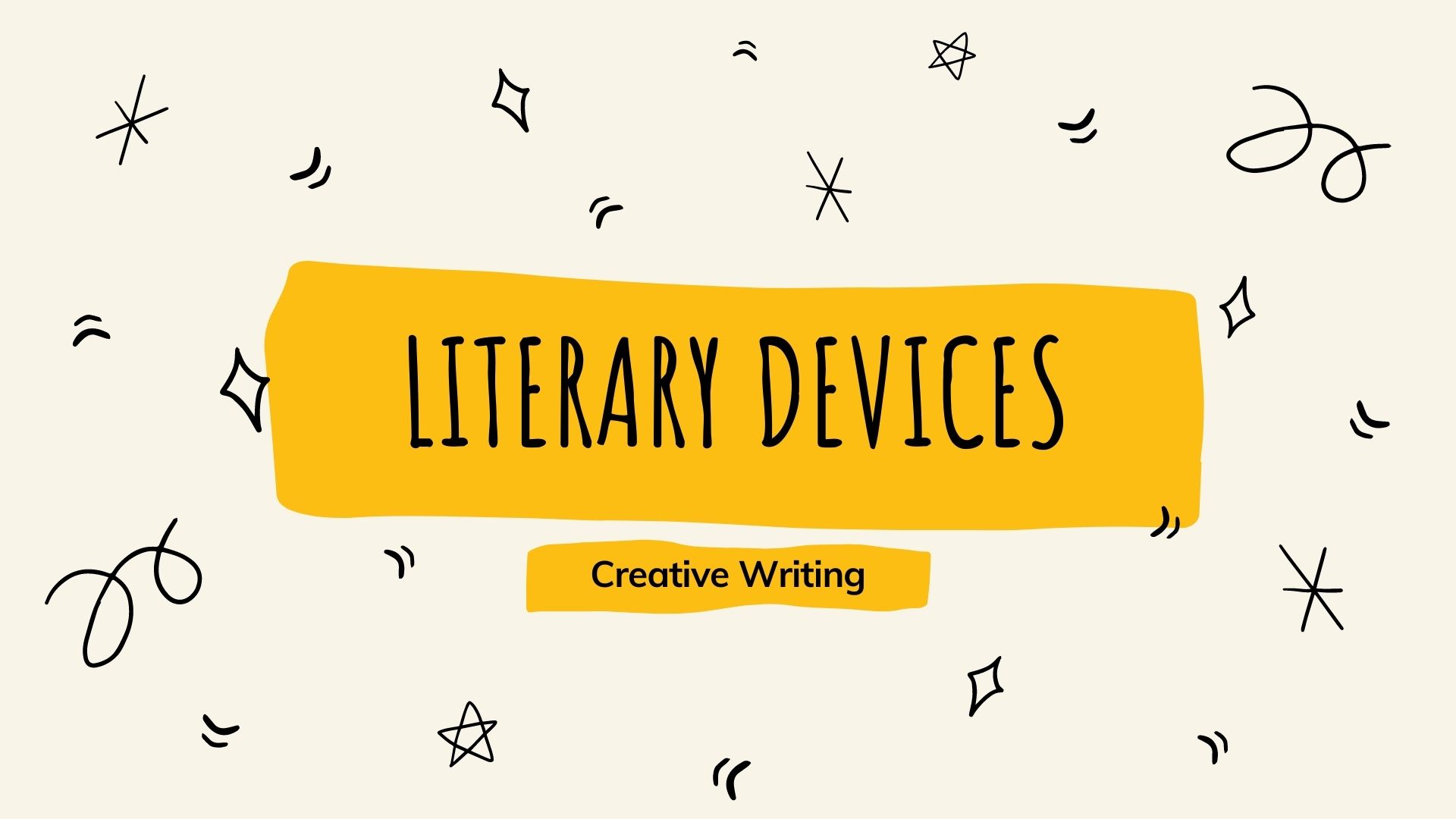Unleashing Creativity: Exploring Allusion, Analogy, and Euphemism in Academic EssaysPosted by Connor Chase on June 6th, 2023 IntroductionIn the realm of academic writing, it is often essential to express complex ideas, concepts, and arguments in a concise yet impactful manner. To achieve this, writers can harness the power of literary devices, such as allusion, analogy, and euphemism.
These creative tools allow writers to captivate their readers, convey nuanced meanings, and make their essays more engaging. This article delves into the realm of allusion, analogy, and euphemism, exploring their definitions, functions, and examples, while also shedding light on how to effectively incorporate them into academic essays. Allusion: The Art of ReferencesAllusion is a literary device that involves referencing a person, place, event, or work of literature within a text, without explicitly stating it. By alluding to something well-known, writers can evoke emotions, add depth to their writing, and establish connections with their readers. Allusion can be drawn from various sources, including history, mythology, literature, pop culture, and more. For instance, in a literature analysis essay, referencing Shakespeare's tragic love story, Romeo and Juliet, can instantly convey the theme of forbidden love. By carefully selecting and employing allusions, writers can enrich their essays and captivate their audience. Analogy: The Power of ComparisonAnalogies provide a way to explain complex or abstract ideas by drawing comparisons between two different things. By establishing a connection between a known concept and an unfamiliar one, writers can enhance their readers' understanding and engage their cognitive processes. Analogies can be especially useful when attempting to clarify complex scientific or technical concepts. For example, when discussing the structure of an atom, comparing it to a miniature solar system can help readers visualize and comprehend the topic more effectively. By incorporating well-crafted analogies, writers can make their essays more relatable, memorable, and persuasive. Euphemism: The Art of PolitenessEuphemism refers to the use of mild or indirect language to replace harsh or blunt terms, often to soften the impact of sensitive or offensive topics. It allows writers to address uncomfortable subjects with tact, respect, and diplomacy. Euphemisms are frequently used in various fields, such as politics, healthcare, and literature. For instance, instead of using the term "passed away," writers may employ the euphemism "passed on" to convey the idea of death in a more gentle and empathetic manner. By skillfully incorporating euphemisms, writers can navigate delicate subjects while maintaining a respectful tone in their essays. Effective Integration of Literary Devices in Academic EssaysTo leverage the power of allusion, analogy, and euphemism effectively, writers must consider the following guidelines:
By following these guidelines, writers can harness the power of allusion, analogy, and euphemism to elevate their academic essays and make them more compelling and thought-provoking. ConclusionIn the realm of academic writing, the creative and strategic use of literary devices can elevate essays from mundane to extraordinary. Allusion, analogy, and euphemism provide writers with a vast array of tools to engage readers, express complex ideas, and foster a deeper understanding of the subject matter. By exploring and integrating these devices into academic essays, writers can unleash their creativity, captivate their audience, and leave a lasting impression. To seek professional write my essay assistance for your writing needs, visit 5StarEssays, where expert writers are ready to help you express your ideas with clarity and finesse. So, the next time you embark on an academic writing journey, remember the power of allusion, analogy, and euphemism, and let your words transcend the ordinary. Other literary devices you should know: Words that Dance: Mastering the Art of Allusion, Analogy, and Euphemism in Writing Beyond the Obvious: How Allusion, Analogy, and Euphemism Add Depth to Your Essay The Power Trio: Allusion, Analogy, and Euphemism - Supercharge Your Essay Writing The Artful Pen: Unleashing the Potential of Allusion, Analogy, and Euphemism in Your Essay Like it? Share it!More by this author |



